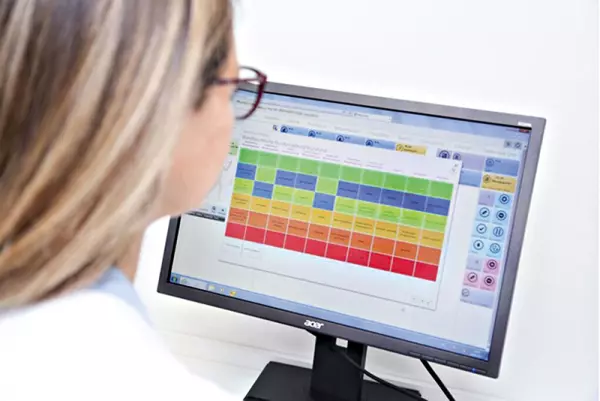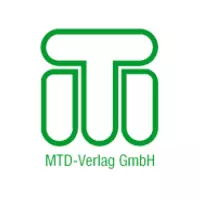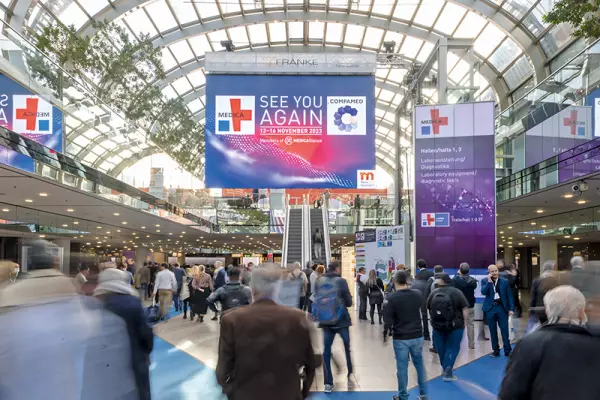
(03/2020) Press releases from the hospital purchasing organizations EKK plus and Agkamed in autumn 2019 caused a sensation, according to which the two want to merge. It was hoped that Cologne and Essen would generate considerable added value through synergy effects. In addition, the greater purchasing power would "have a positive impact on purchasing conditions," it was forecast at the time.
In fact, a purchasing power would have emerged which, with a combined purchasing volume of around 2.2 billion euros (reference year 2018), would have been among the top 3 purchasing organizations. Around half would have been allocated to EKK plus, the operational subsidiary of GDEKK - service and purchasing association for municipal hospitals with 75 municipal clinics and their 150 affiliated facilities, and Agkamed with 170 municipal and non-profit institutions and around 100 geriatric care facilities. The surprise was just as great when the two organizations announced in separate press releases in mid-January that the merger had failed. MTDialog asked Rainer Ott, chairman of the supervisory board of GDEKK, and Olaf Köhler, managing director of EKK plus, about this and about the future setup of EKK plus and the cooperation with medical device suppliers.
When you and Agkamed announced their merger last fall, it sounded very ultimate. Indeed, one could assume that after 18 months of negotiations everything would be on the table to reach an agreement. Why is it that the merger finally failed?
Rainer Ott: In fact, last November we were on the home stretch when it came to the successful conclusion of our merger negotiations. There were only a few outstanding issues. It was important to us to openly address possible economic risks and make them transparent so that the members who ultimately have to decide on the merger know all the facts. In our opinion, we made good progress in this process when, to our surprise, Agkamed suddenly broke off the negotiations.
While you refrained from assigning the blame, Agkamed pointed out that in the final phase of the negotiations you were not prepared to agree on the decisive, open strategic cornerstones. Which topics did you refuse?
Ott: We expressly do not want to discuss “questions of guilt” in public, especially since Agkamed ended the talks unilaterally. The GDEKK faced all topics, but also asked for answers to legitimate questions. Ultimately, we and our members invested a great deal of energy in bringing about the merger throughout the entire process. This applies, for example, to the change in form from the cooperative to a GmbH. The completely unexpected break in the talks was all the more surprising for us.
Do you now want to remain independent, as you have always been since you were founded in 1998, or are you still looking for a partner for a joint purchasing company? There are a few other purchasing organizations active in the market that could possibly fit.
Ott: Since we know our particular strengths and will continue to focus primarily on municipal clinics and maximum care providers, we can look to the future with confidence even without the merger. We do not rule out that we will hold discussions with other market participants if that could fit our profile. In addition, it should be taken into account that in the last one and a half years, important parameters on the market have changed noticeably during the negotiations with Agkamed. For example, the issue of delivery security is becoming more and more important. In view of the dangers that may result from this, the sheer size of a purchasing community is certainly not always the only recipe for success. In this respect, we currently see ourselves as powerful, sleepy









